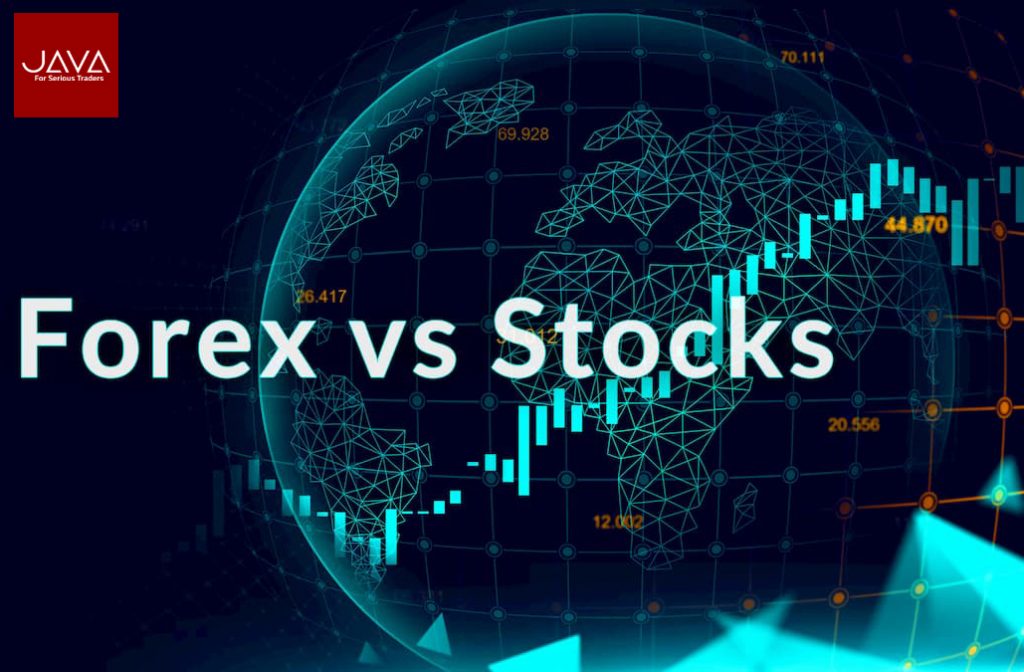
Investing offers multiple potential avenues for making money, but two of the most popular options are forex trading and stock trading. Both come with rules and regulations that must be adhered to and their respective risks and rewards. As such, any UK investor needs to understand the differences between forex and stock trading before deciding which option best suits their individual needs and goals.
To learn more and open a trading account to start investing, you can visit Saxo Markets. Without further ado, we will compare the differences between forex and stock trading.
Costs
The cost of trading is a significant difference between forex and stock markets. In the UK, stockbrokers often charge commissions for trading on the London Stock Exchange (LSE). The commission can vary but typically ranges from £4 to £45 per transaction. On the other hand, most forex brokers charge a flat fee or spread for currency trades with no additional commissions or charges. As a result, trading in forex can be more cost-effective than trading stocks.
Leverage
Another significant difference between forex and stock markets is the leverage levels available to investors. Leverage allows traders to control more significant positions with smaller amounts of capital; however, it also increases the risk of losses. Unlike in stock trading, leverage is widely available in forex markets and can go up to 1:500; however, traders need to understand the risks associated with higher leverage levels.
Liquidity
Liquidity refers to the ease with which a security can be bought or sold without affecting its price. The forex market is considered one of the world’s most liquid markets, as thousands of buyers and sellers around the globe are looking to trade at any given time. However, liquidity in UK stocks can vary depending on the size and popularity of each company’s shares, which means that some stocks may be more challenging to buy or sell quickly.
Volatility
The level of volatility is another critical difference between forex and stock markets. Forex trading can be incredibly volatile, with some currency pairs exhibiting large price movements over a short period. On the other hand, stocks are generally less volatile than currencies; however, their prices can suddenly fluctuate if there is news about the company or sector in which it operates.
Trading hours
Another significant distinction between forex and stock trading is the availability of trading hours. The global nature of the forex market means that it is open for trading 24 hours a day, five days a week. On the other hand, stock trading is generally limited to regular business hours in the UK, with market openings and closings varying depending on the exchange.
Market access
Access to different markets is another critical difference between forex and stock trading. Forex traders can access currencies worldwide if they can find a willing counterparty. However, stocks are usually restricted to their domestic exchanges unless you use an international broker; UK investors would only be able to trade on British companies listed on the LSE.
Why traders should consider stock trading over forex
For UK traders looking to make the most of their investments, it can be beneficial to consider stock trading over forex. While both offer the potential for profits, each carries different advantages and disadvantages depending on individual needs and goals.
Stock trading is less volatile
Regarding volatility, stocks usually have less risk than currency trades. While stock prices can move quickly in response to news or market conditions, they don’t tend to exhibit the extreme price movements of some currency pairs. It makes it easier for traders to control their risks and manage their positions more effectively.
Access to fundamental analysis
Another essential benefit of stock trading is access to fundamental analysis. Fundamental analysis involves looking at a company’s financials, such as its earnings and balance sheet, to determine the intrinsic value of its shares. It can help investors make more informed decisions on which stocks to buy or sell and when to exit their trades.
Access to dividends
Stock trading can offer access to dividend payments. Dividends are a portion of company profits that are distributed to shareholders as a reward for their investment. It is one of the primary ways investors make money with stocks, as they can collect regular income from companies with solid financials and reliable cash flow.
